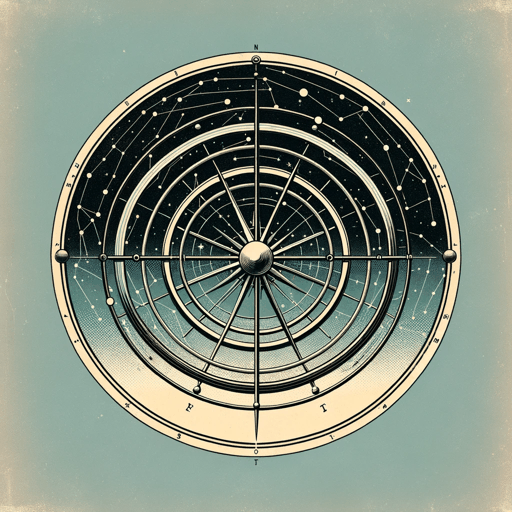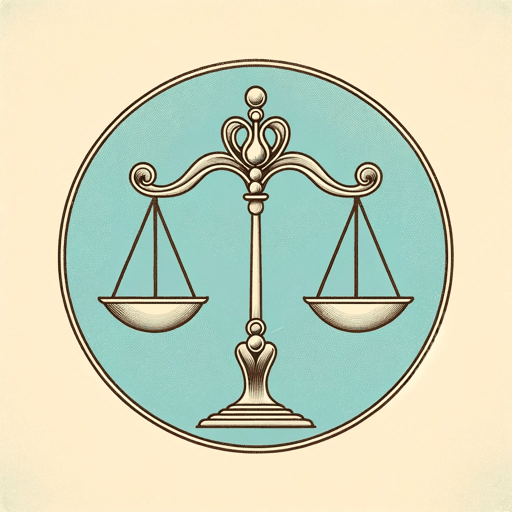57 pages • 1 hour read
Immanuel KantCritique of Pure Reason
Nonfiction | Book | Adult | Published in 1781A modern alternative to SparkNotes and CliffsNotes, SuperSummary offers high-quality Study Guides with detailed chapter summaries and analysis of major themes, characters, and more.
Summary
Prefaces and Introduction
Part I: “Transcendental Aesthetic”
Part II: “Transcendental Logic,” Book I, Chapter I
Part II: “Transcendental Logic,” Book I, Chapter II
Part II: “Transcendental Logic,” Book II, Chapters I-II
Part II: “Transcendental Logic,” Book II, Chapter III
Part II: “Transcendental Logic,” Division II, Books I-II, Chapter I
Part II: “Transcendental Logic,” Division II, Book II, Chapter II
Part II: “Transcendental Logic,” Division II, Book II, Chapter III
Transcendental Doctrine of the Method
Key Figures
Themes
Index of Terms
Important Quotes
Essay Topics
Further Reading & Resources
Part II: “Transcendental Logic,” Division II, Book II, Chapter IIIChapter Summaries & Analyses
Transcendental Doctrine of Elements
Part II: Transcendental Logic, Division II: Transcendental Dialectic, Book II, Chapter III Summary
After tackling both the paralogisms and the antinomies, Kant comes to the third and final realm of dialectical illusions: the ideal. The ideal is a very important and noble concept. For Kant, the ideal is a specific kind of idea. Ideas are concepts of reason and therefore are not directly related to objective reality like the concepts of the understanding. Kant writes: “Ideas contain a certain completeness onto which no possible empirical cognition is adequate” (561). Kant discusses the importance of ideas in the philosophy of Plato. As concepts of reason that are only indirectly connected to experience, the idea surpasses any single experience of something of which we can have an idea. The ideal is the ultimate archetype of reason. “By ideal,” Kant writes, “I mean an idea not merely in concreto but in individuo, i.e., as an individual thing determinable or even determined by the idea alone” (560).
There are many ideals one can form, but the ideal of the most perfect being is the greatest of all: “The ideal of pure reason is the object of a transcendental theology” (570). Therefore, the ultimate ideal of reason is God. There are three methods of attempting to prove the existence of God through speculative reason: the ontological, the cosmological, and the physico-theological.
Related Titles
By Immanuel Kant




